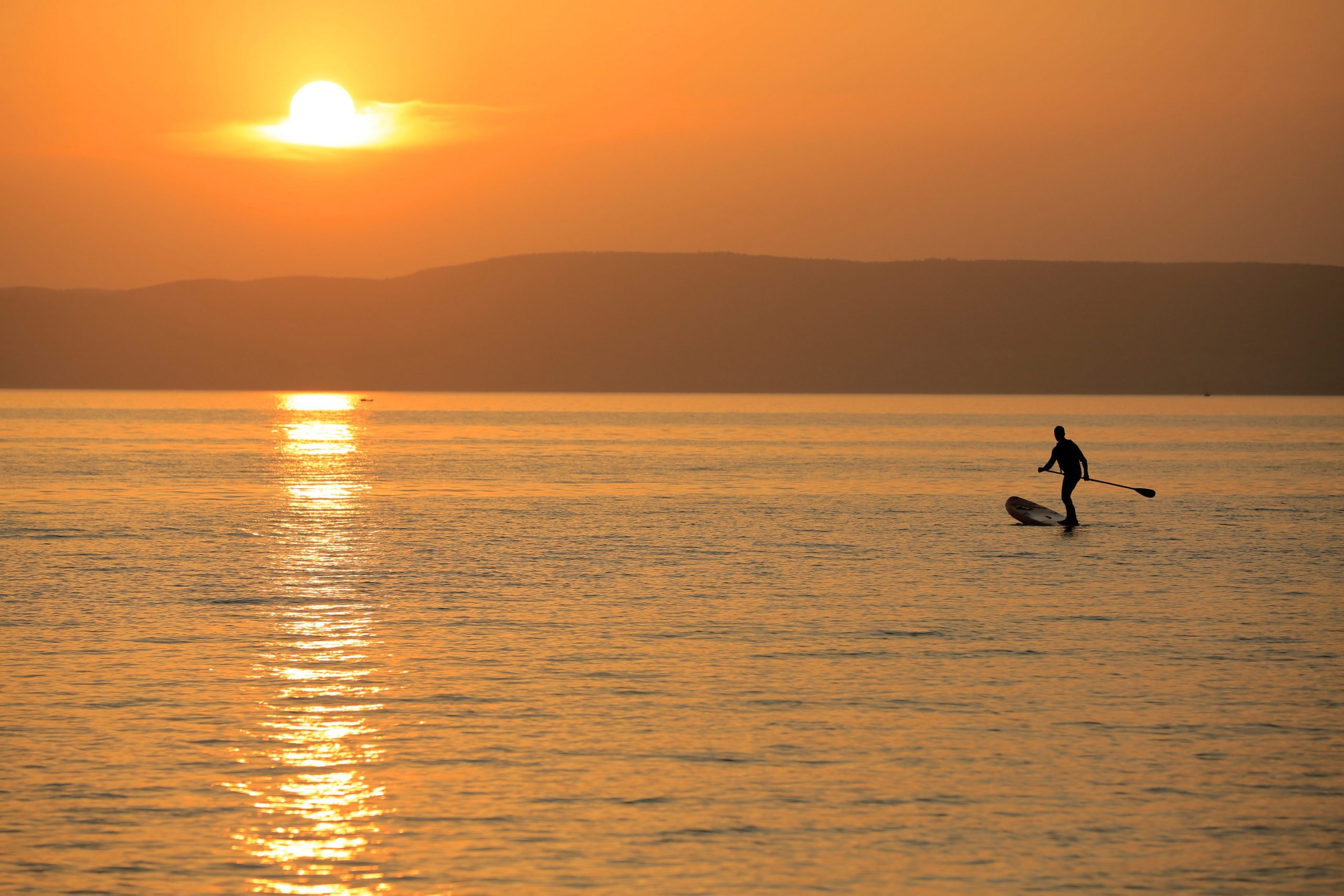
"If the price cap does not stay, the price of cooking oil will at least double, and this will have to be included in the price of, for example, lángos," said a restaurant owner in Fonyód.Continue reading

In the worst-case scenario, Lake Balaton could dry up by 2050 and become unsuitable for bathing by 2035, limnologist Viktor Tóth of the Lake Balaton Limnological Research Institute told Sonline in an interview.
Professional opinions about the ecosystem of Lake Balaton, including the possible drying up of the lake, are increasingly coming to light. Sonline asked Viktor Tóth of the Lake Balaton Limnological Research Institute about the processes taking place in the lake.
If people didn’t want to interfere in the life of Lake Balaton, the lake would be good on its own. One example is the water level. The high, over-stabilized level may be motivated by economic and tourism interests, but not by biological interests. In the early 2000s, filamentous algae appeared in the shallow, warmer water on the southern shore, reducing bathing opportunities to almost zero,”
the researcher explained.
“The staff at the research institute in Tihany are concerned with the protection of Lake Balaton, and sometimes they ask us for advice, which they either take or not. For example, the water experts did not accept the concerns of the scientists from the Limnological Research Institute about water level regulation,” Tóth said, adding that “Over-stabilized water levels are not good for the Balaton ecosystem,” and that the current “lower water levels are caused by extreme drought.”
According to Tóth, living organisms adapt to the current water level: “In low water, reeds can sprout and seaweed will grow,” while in high water “the reeds will recede, and there may be less seaweed and more algae in the pond.” Water that is kept stable at a high altitude cannot be stirred up, so the oxygen-deficient condition persists for a longer period of time, and then the water becomes very warm in the prolonged heat, and the organisms that cause the oxygen deficiency in the warm water become active. The limnologist also said that “If water flow were natural, the reedbed would regenerate itself. Intensive reed degradation is the result of human activity, and the lack of water level fluctuations prevents reeds from reproducing from seed.”
According to the research scientist:
If you ask me at the wrong moment, I’ll tell you that this could happen by 2050 [the drying up of Lake Balaton], and by 2035 the lake could be unfit for bathing. This is the worst-case scenario.”
He added, however, that “It is difficult to predict the direction of change, so we cannot know what will happen.”
Tóth also discussed the uniqueness of Hungary’s biggest lake: “Lake Balaton is very unique, shallow, and very large. Many foreign researchers come here for limnological studies because the easily accessible lake has many unique features. Examples include the algae and brown water of the Keszthely basin, the clear water of the Siófok basin, the sandbanks of the southern shore, and the clayey sediment of the northern shore.”
Featured image via György Varga/MTI